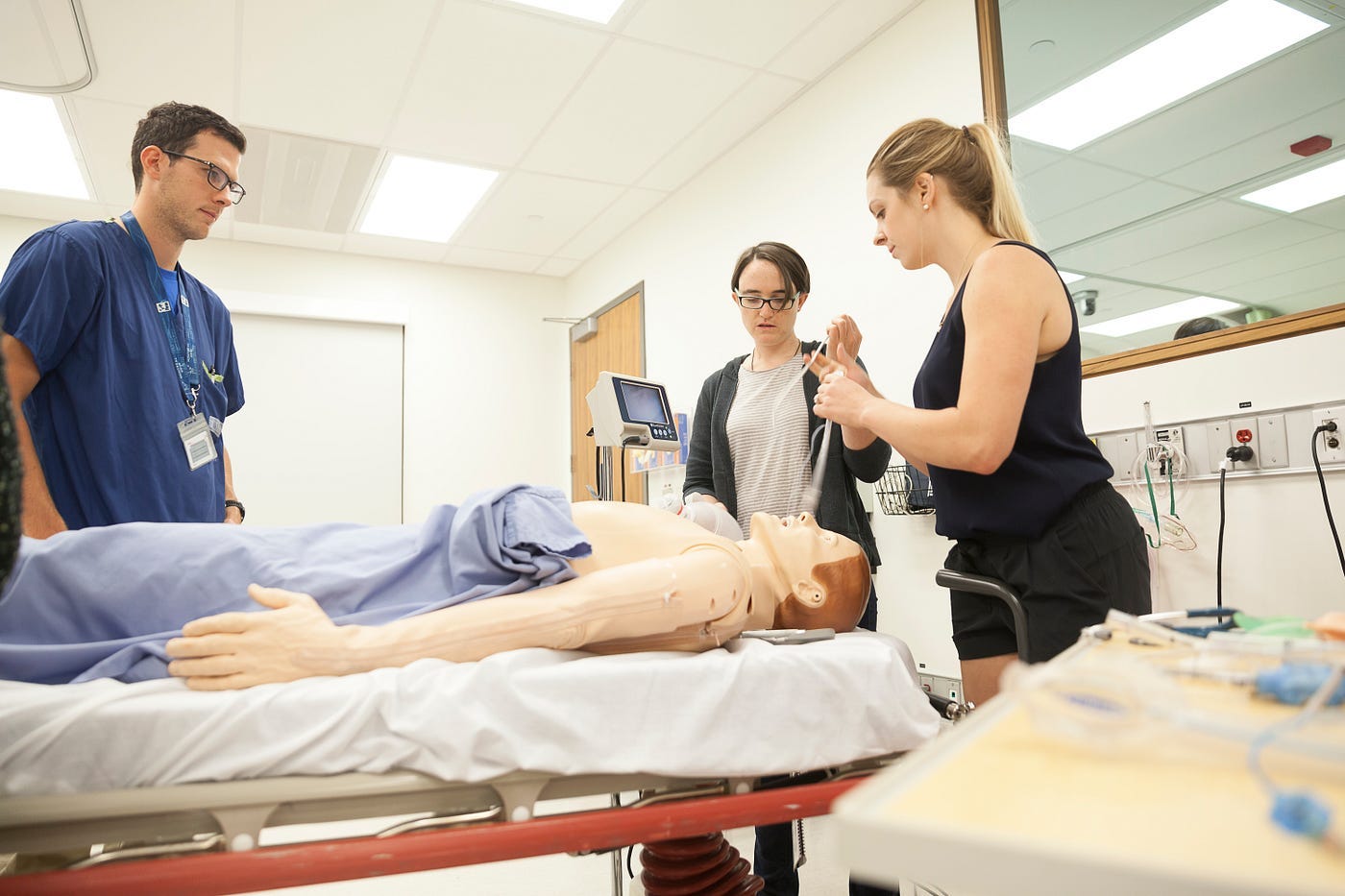 DOI : 10.17577/
DOI : 10.17577/In recent years, the pace of technological advancement has been rapid. Computing and processing technology has improved to the extent that there is now a wide range of applications and devices that can help in all facets of business and personal life. Some of this technology has applications that can serve to drive improved health outcomes in the wider population. Mobile phone technology has advanced to the point where these devices can be completely customized with apps that benefit well-being and improved health. In addition, employers are increasingly looking towards comprehensive healthcare solutions that offer a range of health and lifestyle benefits for their employees, with the aim of improving worker health and reducing time lost to illness in the workplace. In this article, three advances in technology that drive improved health outcomes will be described.

Telehealth services
The outbreak of the COVID-19 pandemic presented a range of challenges for healthcare services. There was the need to still treat local populations whilst abiding by movement restrictions and the need to take action to slow the spread of the virus. Thankfully, technology was used to ensure continuity of healthcare provision whilst limiting the need for face-to-face consultations. This can take the form of an increased rollout of telehealth services. This technology gives healthcare providers the ability to remotely assess and meet with patients via videoconferencing software platforms. In addition, the use of telehealth monitoring devices that can measure patients vital signs (such as blood pressure levels and oxygen saturations) before wirelessly transferring this information to the healthcare professional allows remote real-time patient assessment to take place. As the most severe effects of the pandemic seem to have receded, the use of telehealth services is likely to continue as it allows medical staff to monitor and consult with a larger volume of patients whilst still delivering high levels of care.
All-in-one employee health benefits cards
Employers are increasingly realizing the importance of having a fit and healthy workforce and are looking to technology to help to achieve this. Many organizations now offer their staff a customized healthcare benefits card. This is similar to a standard credit or debit card but can be used to promote healthy living choices such as the purchase of healthy meal options, access to dental, vision and hearing services and home health care. By rolling out such schemes, employees are incentivized to choose products and healthcare services that improve their health and well-being. This helps to create a workforce that benefits from improved long-term health and reduces the likelihood of chronic conditions developing, which result in extended absence from the workplace.
Health and fitness apps
As a brief final example, modern mobile phones can be customized to run a range of health and fitness apps. These can include mindfulness and meditation programs that promote improved mental well-being and exercise apps that improve physical health. Many of these types of health apps are completely free, making them extremely accessible to all income groups and sections of society. They may serve to encourage regular exercise and healthy lifestyle habits that foster improved long-term health of the general population.




